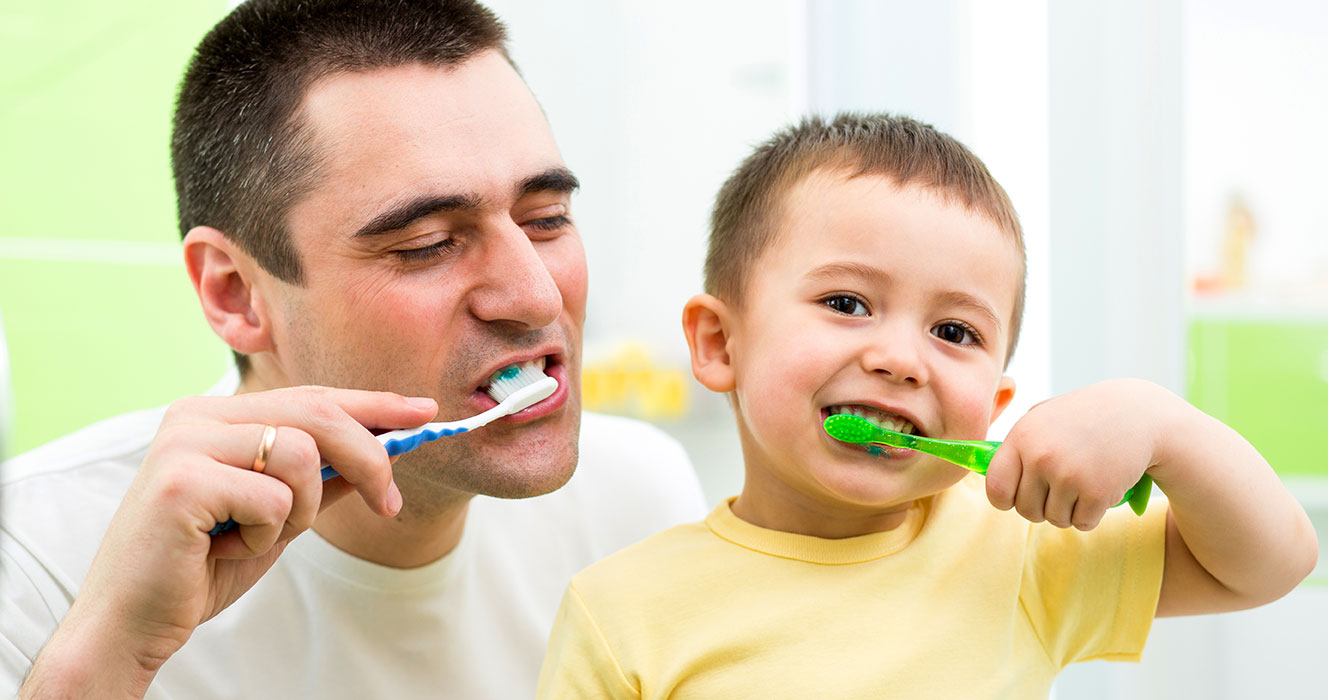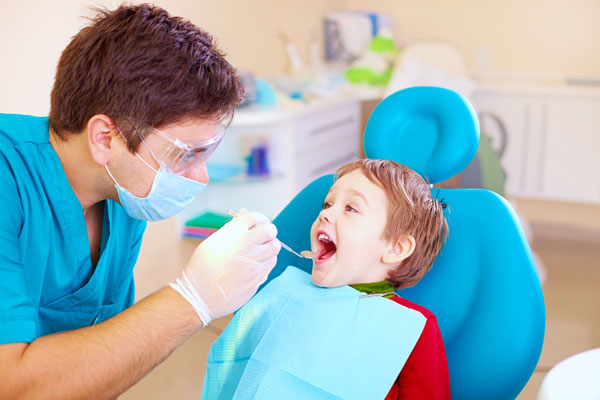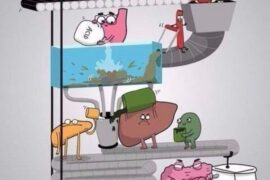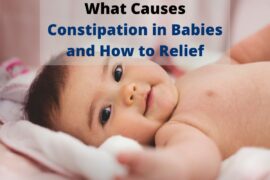Babies Oral care
Breastmilk is the best food for babies, that much is absolutely true. But it must be said that even if you feed your baby breastmilk, they can still develop dental health issues such as cavities as breastmilk contain lactose, a type of sugar.
1. Consider Breastfeeding’s Oral Advantages

It nourishes the growing mouth and the fresh microbiome seeded by a baby’s passage through the birth canal with the breastmilk’s blend of complex proteins, lipids, and carbohydrates and the chances of cavities in baby teeth are reduced by breastfeeding.
Additionally, as the breast flattens against the palate of an infant, the weight and physical structure of the breast allows the palate to develop properly. When breastfeeding, from the sucking action, the mouth muscles of a baby are also strengthened and teach the baby to breathe through the nose. Both of these factors assist with the jaws’ proper development, reducing dental crowding as the child matures.
But don’t think too much if you’re not breastfeeding or have not been breastfeeding; it’s not the only way to maintain oral health.
2. Wean Off Feeding Night
By feeding them, having your baby to fall asleep can lead to poor oral health. Milk, formula, or juice will stay on the teeth of a sleeping infant, causing cavities. On baby teeth, Enamel is thinner than on permanent teeth. What’s more, the pulp on baby teeth is comparatively larger, so cavity damage occurs quicker.
It will help to clean your baby’s gums and teeth by wiping it after feeding, but if your child is physically able to sleep through the night, it will be better to wean them off feeding at night to protect their teeth.
And here is another explanation for avoiding night feeding that will resonate with all newborn parents: If the sleep connection with feeding is gone, your little one will be more likely to sleep through the night. Your whole family is going to be more well-rested.
3. Pacifier and Bottle Use, Track Thumb-Sucking

In the womb, thumb-sucking will begin and then continue well into childhood if not dealt with. If it lasts too long, it may affect the development of the teeth of your child and effect the jaws negatively.
If your child is using a pacifier or feeding bottles, the dentist of your child needs to track the growth of their mouth closely. While the breast forms itself into the mouth of an infant, pacifiers and bottles shape their mouths, such a growth just makes crooked teeth more possible.
For Older Children
1. Choose a quality toothbrush

Include your child in picking out a fun-to-use toothbrush so they can enjoy brushing. This will assist them to develop a meaningful link with their oral treatment. Keep in mind: both manual and electric toothbrushes are great, they can use whichever option kids choose.
But parents must also pay particular attention to the bristles when it comes to selecting the right toothbrush. For all children, they should be of high quality, ultra-soft for infants and toddlers, and soft for older ones.
2. Show them how to properly brush

Many children may not correctly brush their teeth. In fact, here are some important statistics to consider: 5-year-olds kids brush only 25% of their teeth and 11-year-olds kids brush only 50% of their teeth.
It seems easy, but parents need to tell their kids to brush the whole collection of teeth. Teach them that they have incisors, canines, premolars, and molars, and stress the need to brush the top and bottom teeth as well as the front and back, of course. For two minutes, they need to wash, once in the morning and once in the evening.
3. Don’t use Adult toothpaste for your child
The oral microbiome may be destroyed by certain toothpaste brands and mouthwashes, which can disturb its fragile balance and transform beneficial microbes into a pathogenic state or allow new, more opportunistic ones to take root.
The need for this delicate microbiome balance is why parents should caution against using random, over-the-counter toothpaste brands and mouthwashes (especially the ones containing alcohol or antibacterial ingredients). To use oral care items that will serve the oral health needs of your children, please always check with your dentist whether it need or not.
4. Limit the sweets

Let’s be honest, everyone loves desserts, sodas, and all sugary food! But do you know that the bacteria living inside our mouths love sugar as well? They absorb the sugar and excrete acids that gnaw away on the teeth and create cavities. Of course it’s fine to allow our kids to enjoy a cake or ice cream from time to time as long as we practice eating in moderation.
5. Teach them to breathe through their nose and breathe
They need to breathe mainly through their nose, with the exception of children being temporarily congested or enduring strenuous exercise. The tongue resting against the palate results in nose-breathing, which helps with the proper development of the jaws and lips. Also, nose-breathing can help the palate develop properly. Conversely, our teeth are different from each other when breathing through our mouths. This signals that our teeth begin to expand, which can, among other undesirable problems, contribute to an elongation of the face.

As kids grow, plan on routine dental check-ups anywhere from once every 3 months to once a year, depending on your dentist’s recommendations. Keeping sugary foods in check, encouraging regular brushing and flossing, and working with your dentist will lead to good dental health.






